
Home
Publications
Publications
Showing 0 to 0 of 0 results
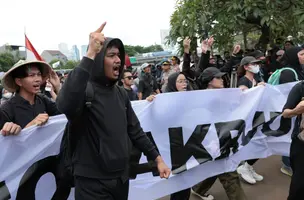
Statements
2025-04-14T15:34:26
APHR Denounces Military Expansion in Indonesian Universities as a Grave Threat to Democracy and Academic Freedo
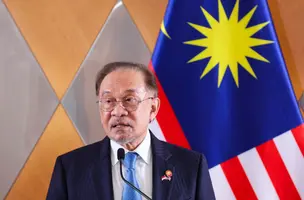
Statements
2025-04-14T12:36:25
APHR Urges ASEAN Chair and Malaysian Prime Minister to Champion Inclusive Peace in Myanmar During Meeting with President Xi

Statements
2025-03-29T15:58:22
Southeast Asian Lawmakers Demand Indonesia to Halt Police Brutality and Uphold the Right to Protest
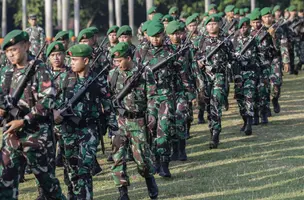
Statements
2025-03-17T15:26:02
Southeast Asian Lawmakers Denounce Intimidation of Activists Over TNI Bill Revisions
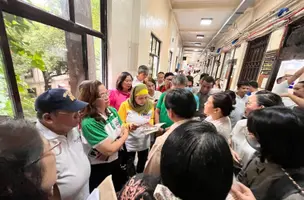
Statements
2025-01-15T12:45:00
Southeast Asian MPs Condemn the Fabricated Charges Against 10 Opposition Senatorial Candidates, a Bayan Muna Partylist Nominee, and Sectoral Leaders in the Philippines
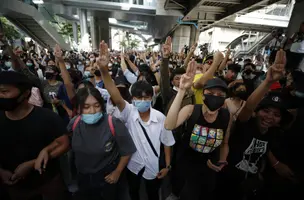
Statements
2020-12-03T03:07:21
Thailand’s emergency decree ‘an excuse’ to end pro-democracy protests, MPs say
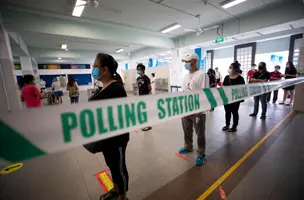
Statements
2020-09-18T08:13:27
Singapore: Drop police report against independent media outlet New Naratif
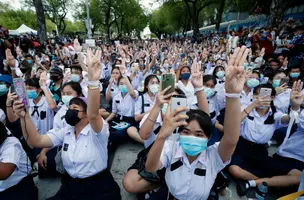
Statements
2020-09-14T08:13:27
Thailand: Protect fundamental freedoms in the upcoming protests
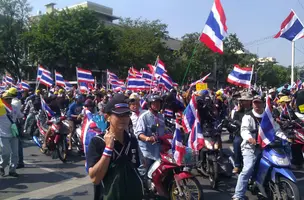
Statements
2018-05-22T07:37:14
Regional lawmakers call for immediate release of Thai pro-democracy activists
TOP
ASEAN Parliamentarians for Human Rights (APHR) was founded in June 2013 with the objective of promoting democracy and human rights across Southeast Asia. Our founding members include many of the region's most progressive Members of Parliament (MPs), with a proven track record of human rights advocacy work.
Copyright © 2024-2025 All Rights Reserved - ASEAN Parliamentarians for Human Rights (APHR)
Website by Bordermedia